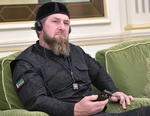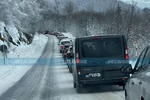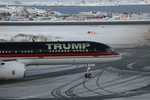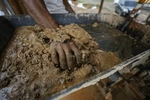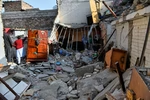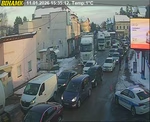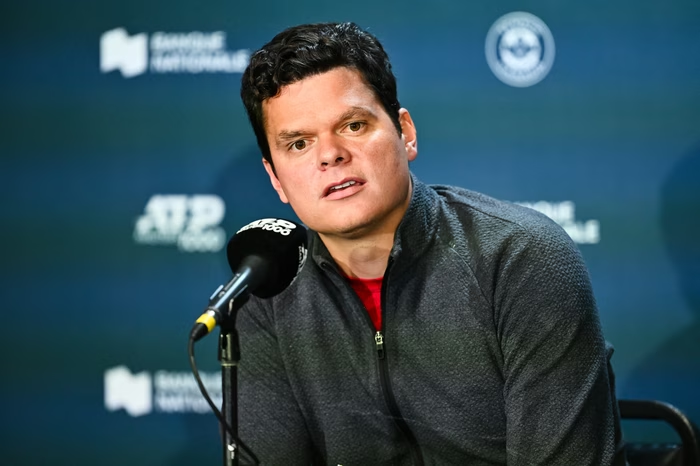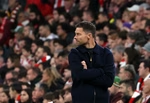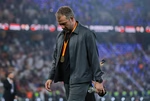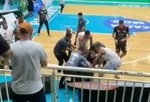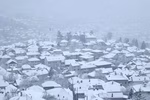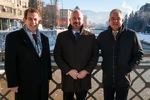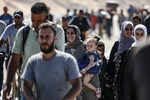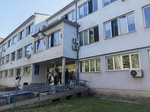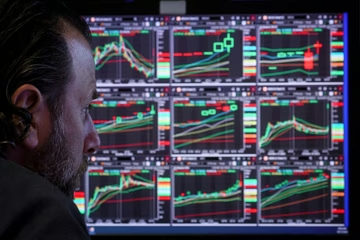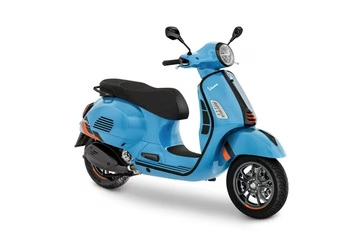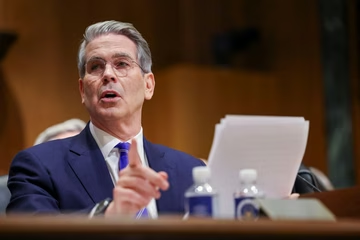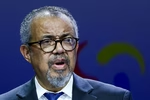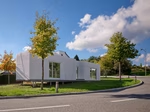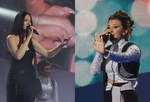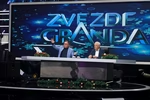BiH Serb officials, JNA veterans mark Dobrovoljacka Street incident anniversary

Officials and veterans from Bosnia’s Republika Srpska (RS) entity laid wreaths and lit candles for the Yugoslav People’s Army (JNA) soldiers who were killed on May 3, 1992, in a shootout that took place in the former Dobrovoljacka street in Sarajevo during the withdrawal of their forces.
Oglas
Surviving JNA fighters who were in Dobrovoljacka street that day, as well as relatives of those who were killed, attended the commemoration on the 30th anniversary of the battle and welcomed the recent indictment against 10 people prosecutors accused of war crimes regarding the incident.
Bosniaks and Serbs have conflicting narratives about the clash on May 3, 1992, when Bosnian forces attacked a JNA convoy which was leaving the city per a withdrawal agreement but took Bosnia’s president with them as a hostage.
The Yugoslav People's Army (JNA ) captured the first President of the Republic of Bosnia and Herzegovina, Alija Izetbegovic, at the Sarajevo International Airport the previous day as he was returning from negotiations in Lisbon and it was agreed the President would be freed in return for the uninterrupted withdrawal of the JNA soldiers from the barracks in Sarajevo.
Allegedly, Bosnian forces stopped the convoy in Dobrovoljacka street, in downtown Sarajevo, to free their president and despite the order to cease fire, issued by General of what was then called the Army of the Republic of Bosnia and Herzegovina Jovan Divjak, the clash occurred which led to the death of former JNA soldiers.
It has also never been established who shot first during the attack and the battle remains a symbol of defence for one side and a symbol of suffering for the other.
Bosnian prosecutors say seven JNA soldiers were killed and 14 captured.
RS Minister of Labour, War Veterans and Disabled People's Protection, Dusko Milunovic, argued that nine soldiers were killed, adding that 26 were wounded, while 206 were captured.
“Most of them were brutally tortured. The attacks on the JNA began on April 20 in the settlement of Hrasno, when two members of the JNA were killed in a cafe. After that, on April 22, in Dobrinja, eight were caught from a transporter and killed in Veliki Park. Their remains were not found, nor was anyone responsible,” Milunovic said.
There is a strong police presence at the site where the commemorative gathering is taking place.

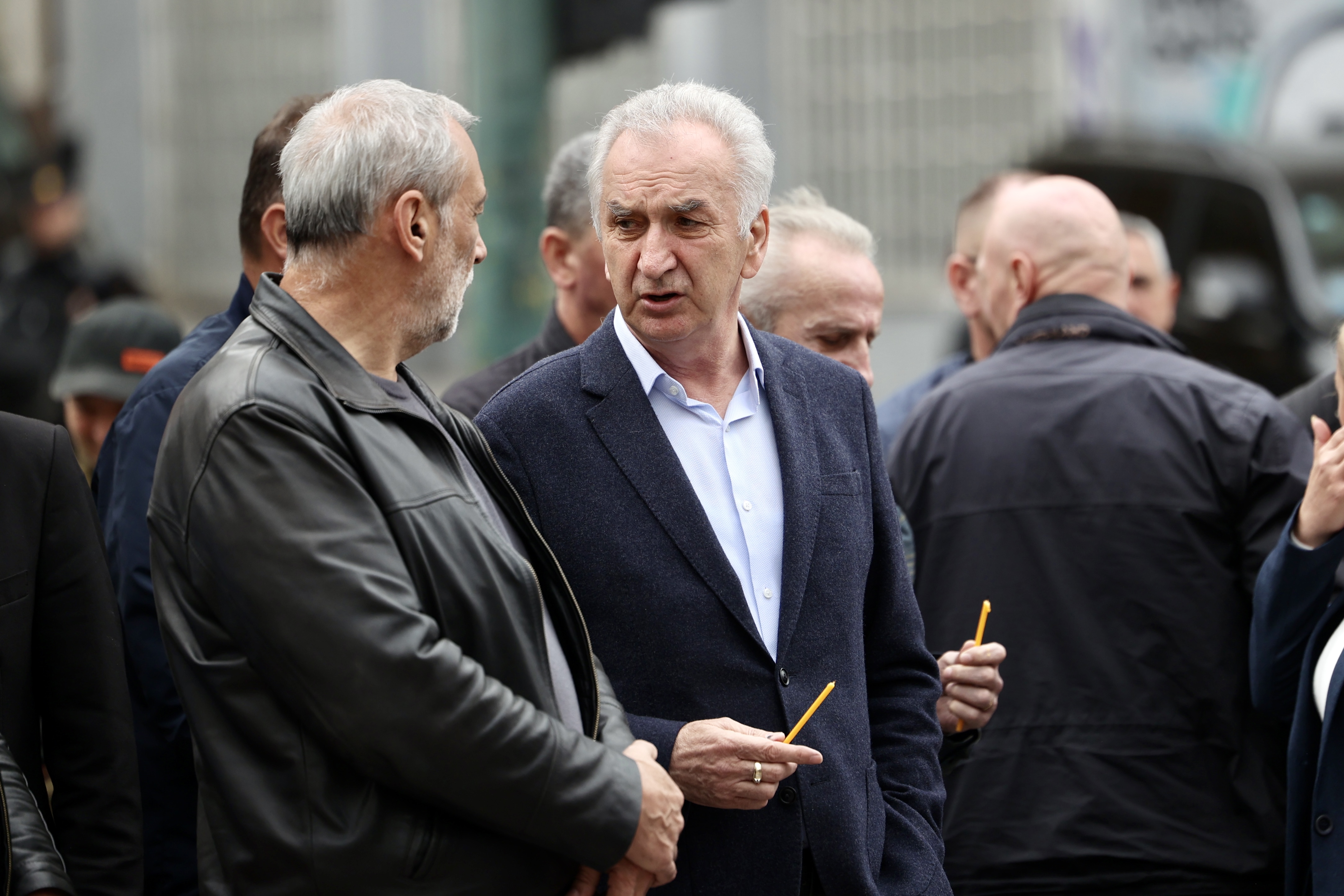
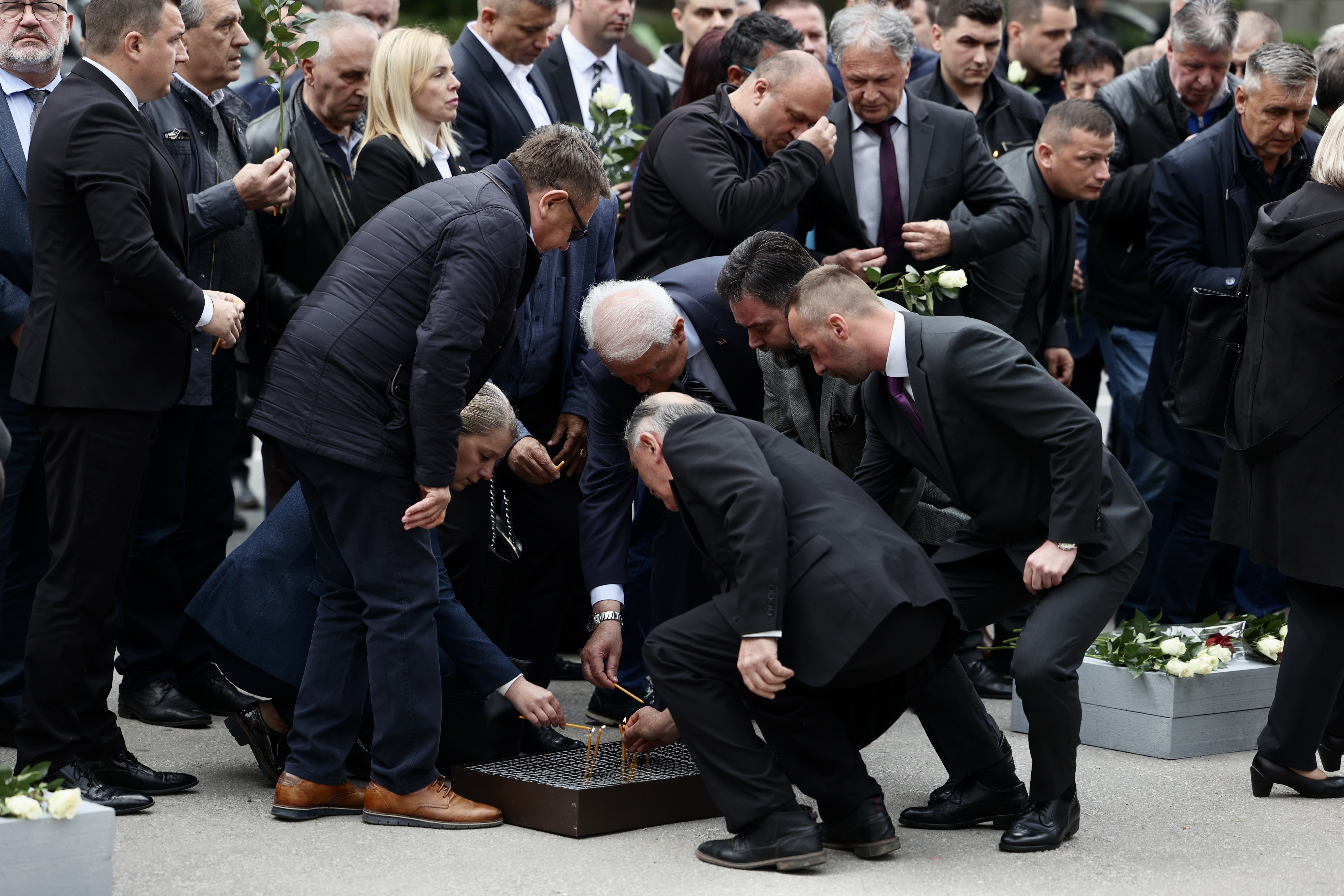

Foto: F.Z./N1 | Foto: F.Z./N1
Više
Foto: F.Z./N1 | Foto: F.Z./N1
Više
Foto: F.Z./N1 | Foto: F.Z./N1
Više
Foto: F.Z./N1 | Foto: F.Z./N1
Više
Foto: F.Z./N1 | Foto: F.Z./N1
Više
Foto: F.Z./N1 | Foto: F.Z./N1
Više
Foto: F.Z./N1 | Foto: F.Z./N1
Više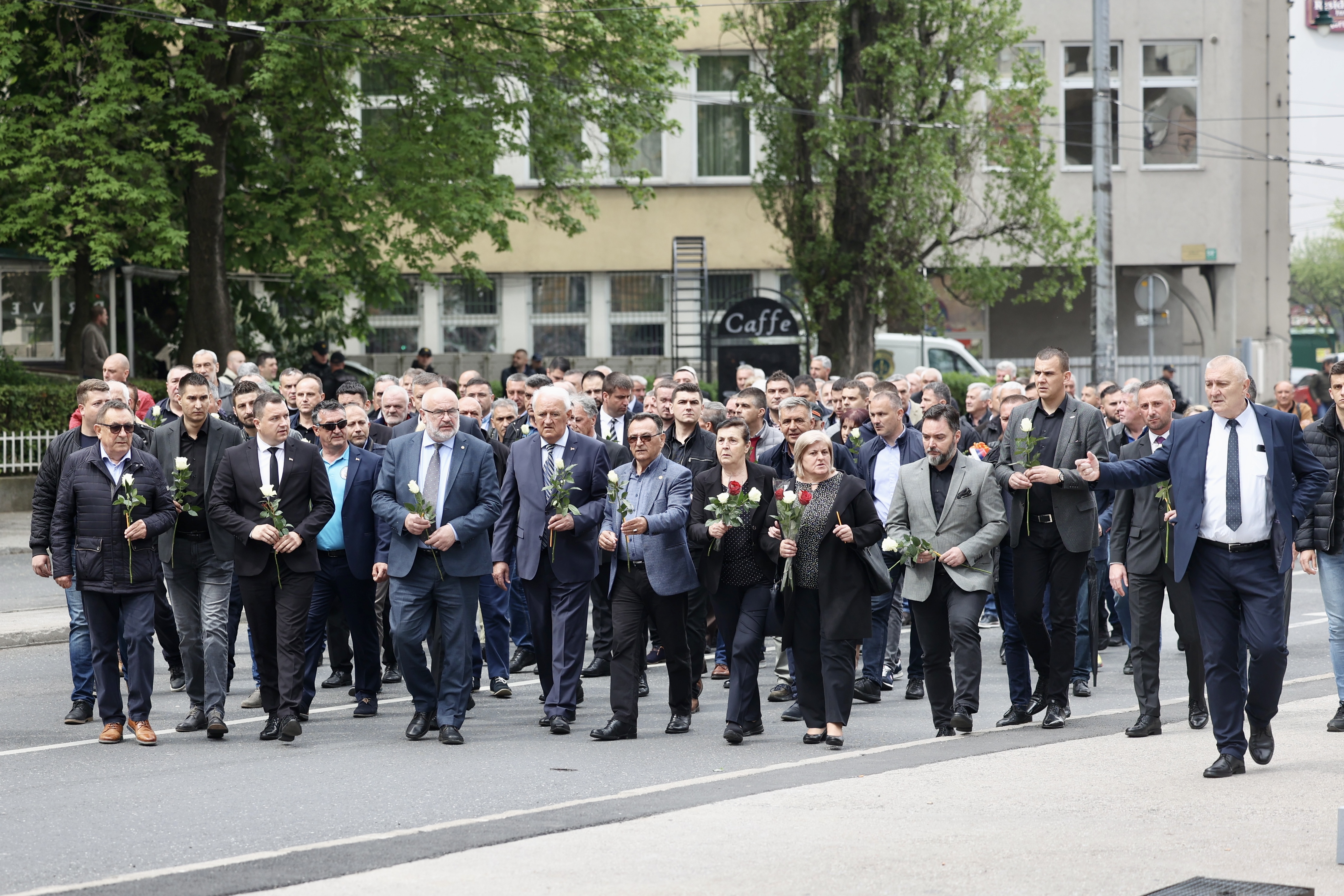
Foto: F.Z./N1 | Foto: F.Z./N1
Više
Foto: F.Z./N1 | Foto: F.Z./N1
Više
Aleksandar Glavas, a member of the RS National Assembly, said that as a "native of Sarajevo, he feels like a Russian in Kyiv or a Palestinian in Jerusalem because of security". He also stated that he does not know who asked for large security measures.
Former JNA member Zeljko Pantelic welcomed the recent indictment, saying that this move after 30 years was "a good way to establish some relations in Sarajevo and BiH".
"I think this is great news for the relatives of those killed in Dobrovoljacka, but it is unfortunate that the indictment did not cover all the murders from April 20 to May 23, when the last murder took place in the Marshal Tito barracks. We, the survivors and our relatives, hope that an indictment will be filed for these cases as well, "Pantelic said.
Milenko Beric was wounded during the incident.
“I was pulled out of the truck, they shot me in the legs. I was taken to the hospital, then to Central Prison. So much for the humanity of those defenders,” he said.
Earlier on Tuesday, former members of the Green Berets and the Army of the Republic of Bosnia and Herzegovina gathered to mark the battle in the former Dobrovoljacka Street and express support for the 10 suspects prosecutors accuse of war crimes regarding the incident.
Kakvo je tvoje mišljenje o ovome?
Učestvuj u diskusiji ili pročitaj komentare
Oglas
Kakvo je tvoje mišljenje o ovome?
Učestvuj u diskusiji ili pročitaj komentare
Oglas
NAJČITANIJE
Oglas
Oglas
Najnovije
Oglas
Oglas





 Srbija
Srbija
 Hrvatska
Hrvatska
 Slovenija
Slovenija









